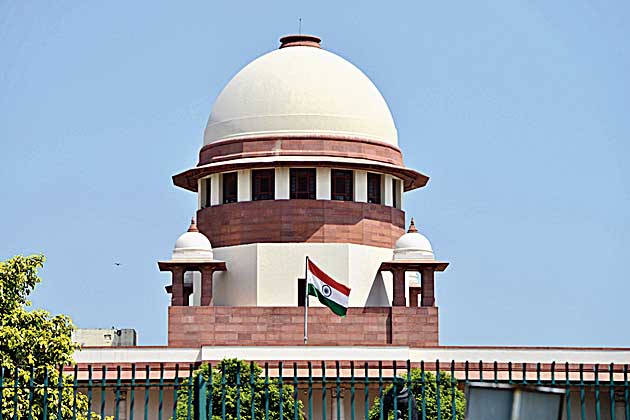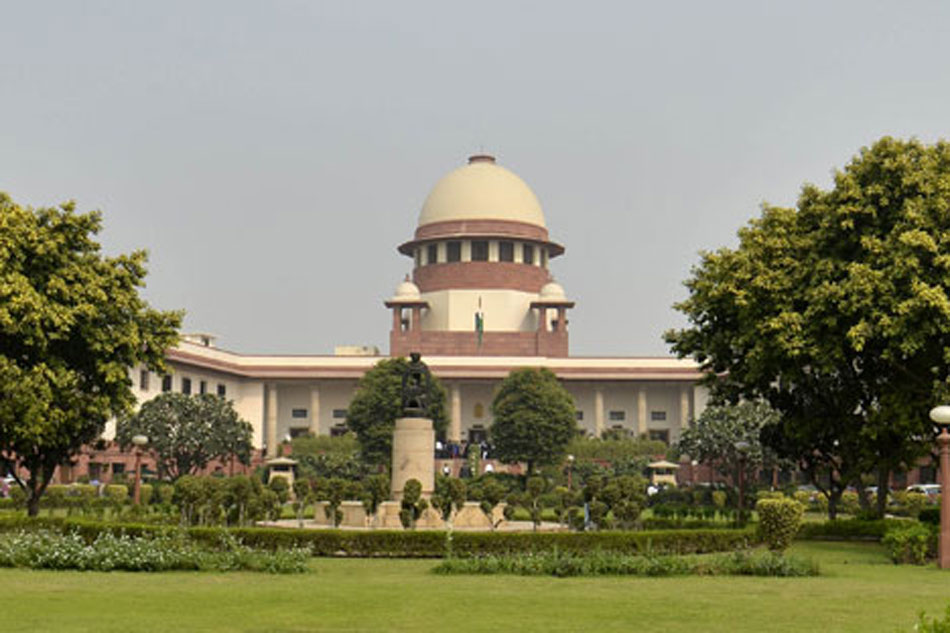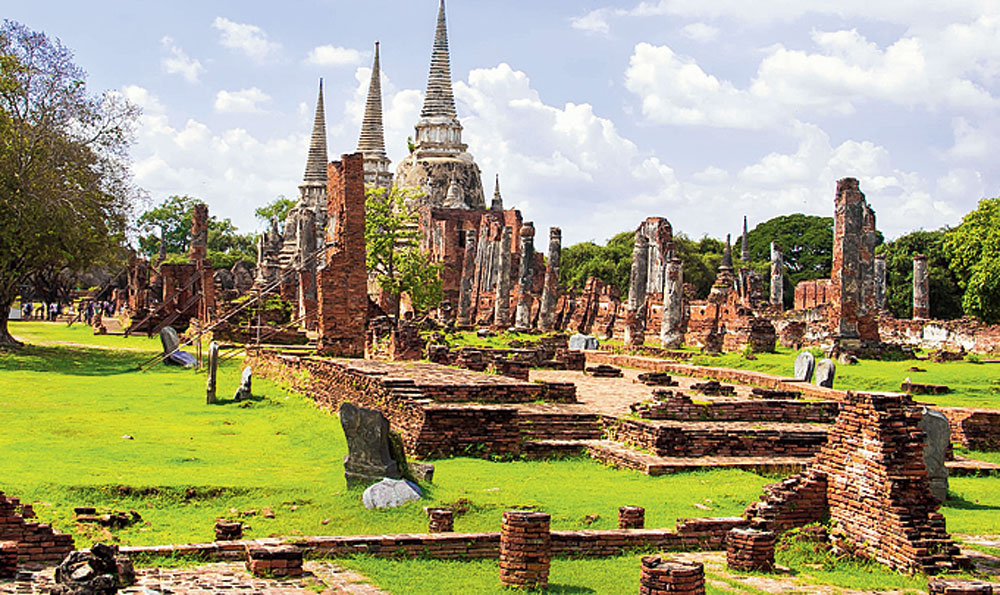The Supreme Court on Tuesday deferred hearings in the Ayodhya case to March 5, giving the contending parties a week to explore a suggestion to settle the decades-old dispute through in-camera, court-monitored mediation that could pave the way for a “healing” relationship.
“We are seriously thinking over giving mediation a try since the dispute is not about anybody’s private property…. Even if there is one per cent chance of an amicable resolution, it should be given a try,” Justice S.A. Bobde, one of the judges on the bench, said. “The mediation will be concurrent to the suits pending before the court…. Mediation will be a confidential process too.”
The bench — which invoked powers under Section 89 of the civil procedure code that empowers any court to evolve a “settlement”, including mediation, to “effect a compromise between the parties” — asked the contending groups to come up with their views by March 5.
The Muslim parties in the dispute told the bench they were as such not opposed to the suggestion of a mediated settlement. But the Hindu groups were mostly opposed to the idea, saying such attempts had been made earlier too but had proved futile.
The constitution bench of Chief Justice Ranjan Gogoi and Justices Bobde, Ashok Bhushan, D.Y. Chandrachud and S. Abdul Nazeer came up with its suggestion following an hour-long wrangling over hearing the case.
Senior advocates Rajeev Dhavan, appearing for a Muslim claimant, M. Siddiqui, and Dushyant Dave, who was representing the All India Sunni Wakf Board, had sought an adjournment saying they would like to examine the “authenticity” and “truthfulness” of 38,100 pages of official translated copies of documents/exhibits the Uttar Pradesh government had submitted.
The two lawyers said they would have preferred the Supreme Court registry to translate the documents. The translations are from various languages, including Urdu, Gurmukhi and Persian.
C.S. Vaidyanathan, senior advocate for Ram Lalla (infant Ram), one of the parties to the Ramjanmabhoomi-Babri Masjid dispute, said Muslim groups had raised no such objections in the past four years when the court had sought their views.
Justice Gogoi said the bench was prepared to hear the arguments, provided there was no objection to the translated versions.
While Dhavan and Dave said they would like to examine the translated copies, Vaidyanathan and Ranjit Kumar, who was appearing for some Hindu claimants, said the rival parties were trying to delay the process.
Vaidyanathan cited earlier orders the top court had passed since 2015 where all parties had agreed to the suggestion that the documents be translated by the Uttar Pradesh government.
It was at this stage that the Chief Justice said the court would like the parties to try for “mediation” which would be “court monitored”.
“We would like your views as to who the person could act as a mediator… it should be confidential, we don’t want any third parties to comment,” Justice Gogoi said.
Justice Bobde said: “If it is just a property dispute we may decide it, but we are thinking more about healing relationships.”
The CJI agreed with the suggestion for “in-camera proceedings” for the mediation if all the parties concurred.
“I am not opposing it, since it is an important suggestion coming from the court,” Dhavan said.
Dhavan, however, said that earlier attempts at mediation had failed and that Allahabad High Court had recorded the failure in its 2010 judgment.
“It has been tried more than once. In a matter like this, there is not much of meeting of minds,” Vaidyanathan said, pleading that the parties should be allowed to argue the case on merits. Kumar endorsed his views.
Another senior advocate, Sushil Kumar Jain, who was appearing for the Nirmohi Akhada, said they were willing to give mediation another try.
“We will not do anything against your wishes,” Justice Gogoi said, indicating that it was up to the parties whether the matter should be decided by the court or through mediation.
The court gave the Sunni Wakf Board and others eight more weeks to give their views on the translated documents furnished by the state government.













